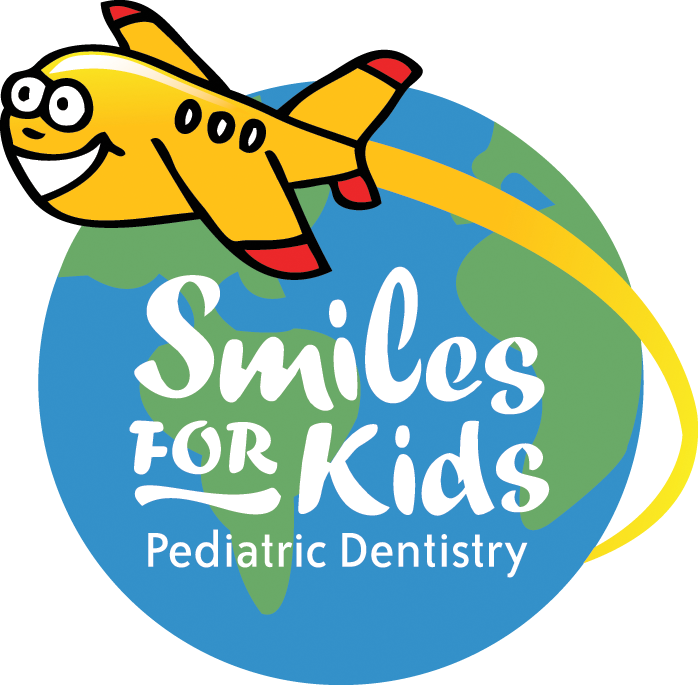First Dental Visit
/The American Academy of Pediatric Dentistry recommends that a child’s first dental visit be scheduled by his or her first birthday. You may be wondering what we do at a first visit and why it’s so important to start early.
ORAL DEVELOPMENT- A lot of changes happen in a child’s mouth from when they are born until they get their full set of baby teeth. It’s important for us to let parents know what to expect. We will talk about timing of new teeth coming in, what to expect as they are coming in, and how many of them are left to come in. The dentist will show you if there are any variations of normal with the teeth and what that means. By starting early, we can let parents know if we see any early signs of decay. Many times, when we see very early changes, we can suggest dietary or habit changes that can prevent having to do treatment on these teeth. Aside from checking his or her teeth for cavities, we will be assessing the tongue, cheeks, jaws, and tonsils. We want to make sure every aspect of your child’s mouth, bite, and jaws look healthy!
ORAL HYGIENE- Parents often ask when to start brushing and how to brush their little ones. We will review when to start, how to position them, and toothpaste use. At our office, we rate oral hygiene on a scale from 1-5 with 5 being the best. That way, parents can have a comparison point to see how they are doing in terms of hygiene.
DIET- Diet plays a major role in cavity formation. For babies, we’ll review bottle use. For toddlers, we talk about gummy snacks, sippy cups, and juices. For older kids, we’ll review the types of gummy, sticky and sugary foods to avoid. Sippy cups, juices, and candy are just a few of the topics we’ll cover.
HABITS- We will talk about habits that children may have like thumb sucking, a pacifier, or nail biting. Although a lot of these habits are age appropriate, we will review what long term changes that they can cause in terms of his or her bite. We will let parents know when it is the right time to intervene and what to try.
TRAUMA- We will review what to do if and when your child ever has any trauma. It’s a very common childhood injury and we want parents to know what to look for, when to call us, or when to come see us in the office.
Most of all, Dr. Lindhorst and Dr. Jadav want parents and children to be very comfortable. The more the child visits, the more likely that he or she will realize that coming to the dentist is a fun adventure!
Dr. Jadav
Smiles for Kids Pediatric Dentistry
